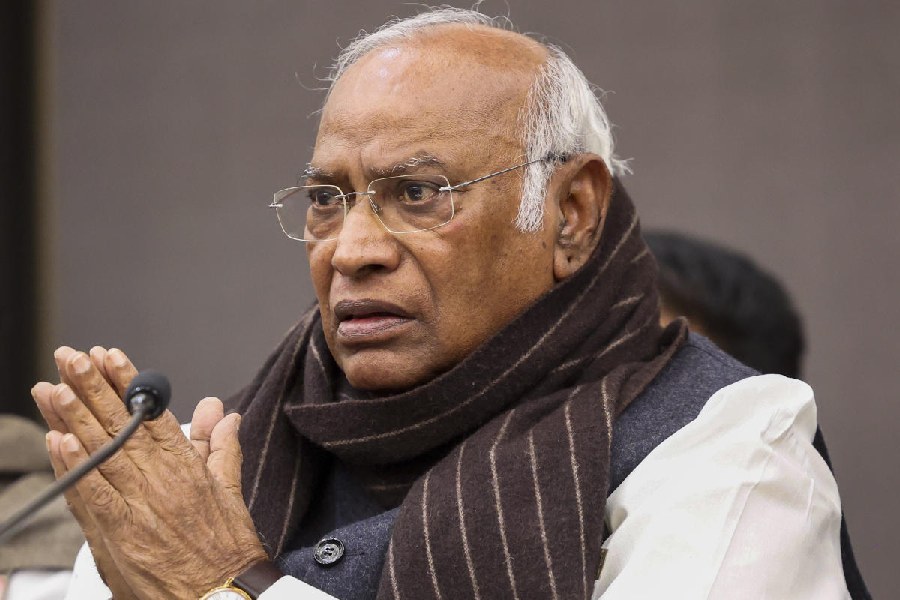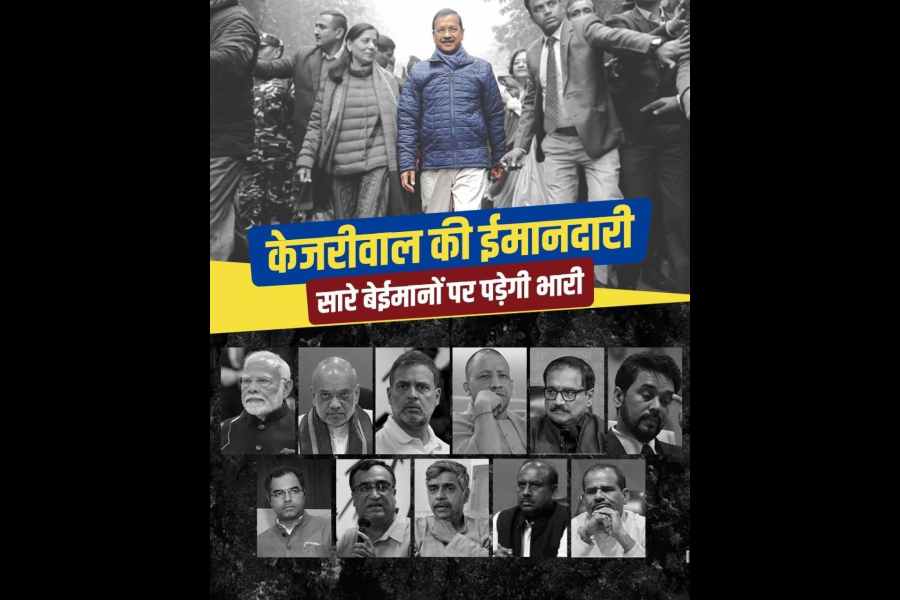The new criminal law bills are said to have streamlined and reformed the colonial-era penal code, criminal procedure code and the Evidence Act. The Indian Penal Code, to be known as the Bharatiya Nyaya Sanhita, would have fewer sections if passed. The reforms are meant to align criminal law with the changes in society, and requirements for, say, search-and-seizure or evidence-gathering and others would make use of technological advances. Time frames for the police to submit reports of progress and for trials to be completed have been given; the government’s optimism seems illimitable. But another time frame has been extended: the number of days that a person can be detained without charge. That is just one of the changes suggesting stronger government control. Hence the powers of the police have increased. Among these is their right to decide which first information reports to record, and to use handcuffs upon an arrest for a large range of crimes, including alleged economic offences as well as on ‘habitual repeat’ offenders with no definition as to who would qualify for this appellation. The Supreme Court had more than once ruled that handcuffs were the last resort.
But constitutional principles such as dignity are not very visible. Instead, the silencing of protests would be easier with the vague and over-wide definitions of terrorism, or of endangering the sovereignty or unity of the country that may be just through speech and writing. The sedition law has been repealed, but these broad definitions absorb its principles and sharpen them. For example, the vague concept of assemblies disturbing the peace could include non-violent protest. Suicide remains decriminalised, except when targeted against a government official. Mob lynching is a crime, but the penalty extending to capital punishment for all members is impractical since evidence-gathering would be impossible. While women alone are being seen as the subject of rape, excluding men, the colonial expression of ‘outraging modesty’ is retained. Meanwhile, the deception in promises of marriage includes falsifying identity; is love-jihad hovering in the wings? There are numerous small tweaks, additions and quiet deletions that alter completely the spirit of the Indian law code, empowering the government beyond constitutional limits. Yet experts point out that the actual changes made are only around 20%. Reforms made in the name of nationalism seem to have a strange outcome.










